Back to the Future: The Great March of Return
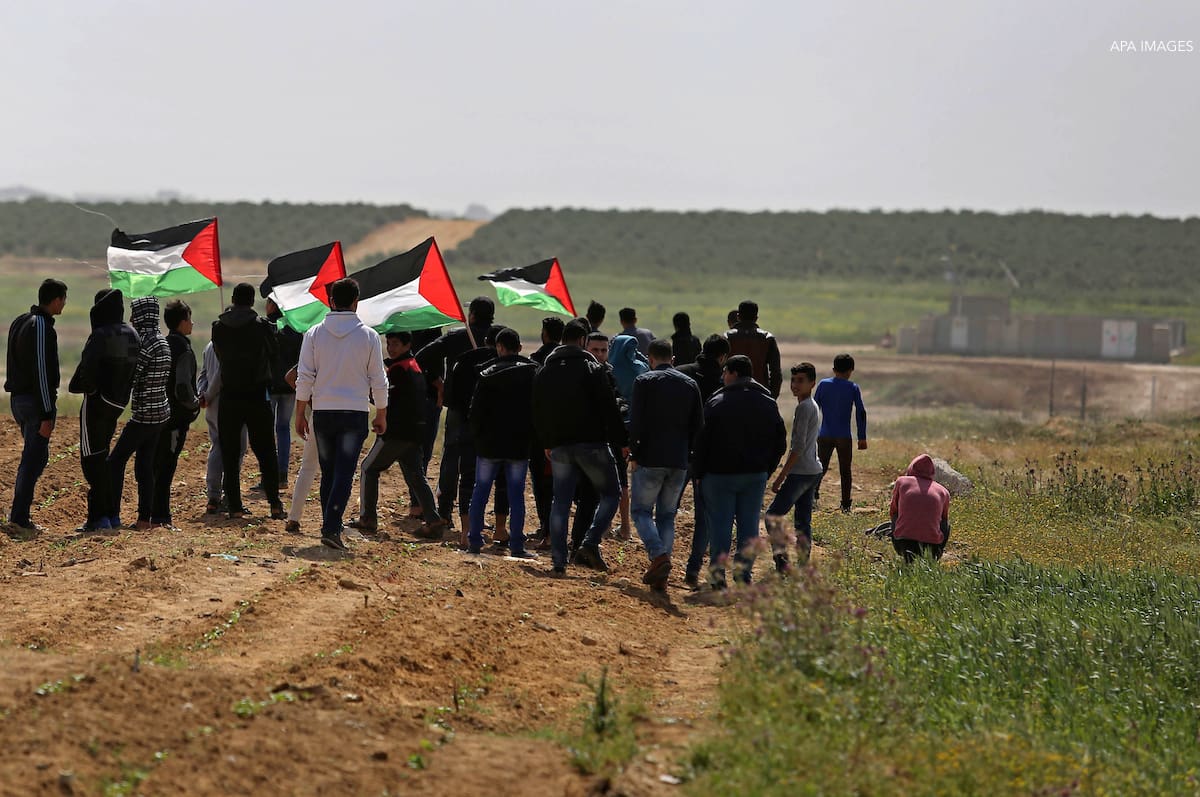
Gaza’s March of Return has brought crucial questions to the fore regarding the Palestinian cause and the status of the Strip. Gaza-based Al-Shabaka Analyst Haidar Eid examines these questions and concludes that the March is creating a new awareness rooted in Palestinian unity across all geographies, the goals of the BDS movement, and a rejection of the two-state solution.
Upending the Palestinian Leadership: The Role of Youth
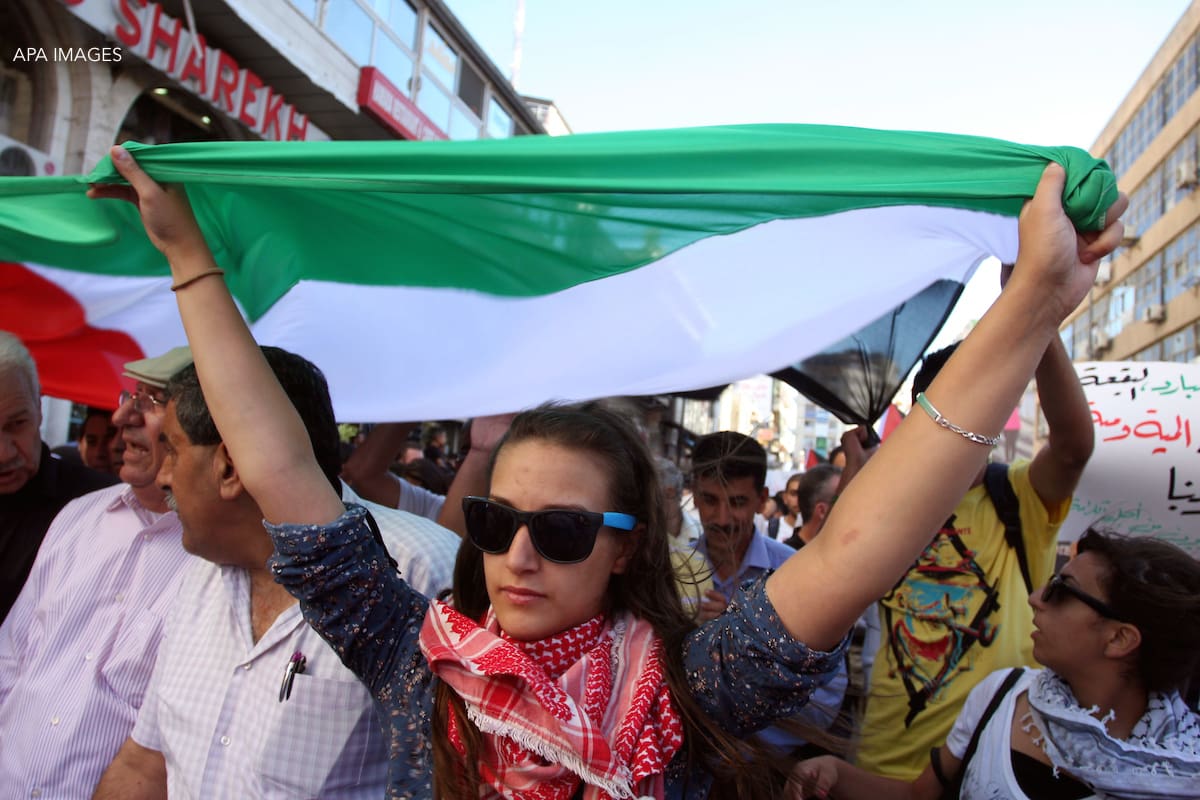
This analysis is part of the Al-Shabaka Policy Circle on Leadership and Accountability and is published alongside the contributions made by Dana El-Kurd, Marwa Fatafta, Inès Abdel Razek, Tareq Baconi, and Ali Abdel Wahab – to read their contributions see here. Instead of bringing an end to the occupation, the current Palestinian leadership and […]
The UN Database on Business in Israeli Settlements: Pitfalls and Opportunities
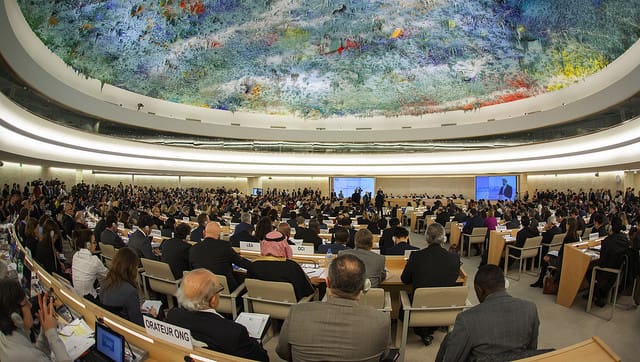
Israeli settlements violate international law, but so too do business dealings with them. Al-Shabaka Analyst Valentina Azarova examines the recent UN database of such businesses, arguing that it can protect states and their nationals and be applied to other country contexts. She also discusses how the UN, states, and Palestinians can counter claims that the database is a blacklist against Israel.
To Achieve One State, Palestinians Must Also Work for Two
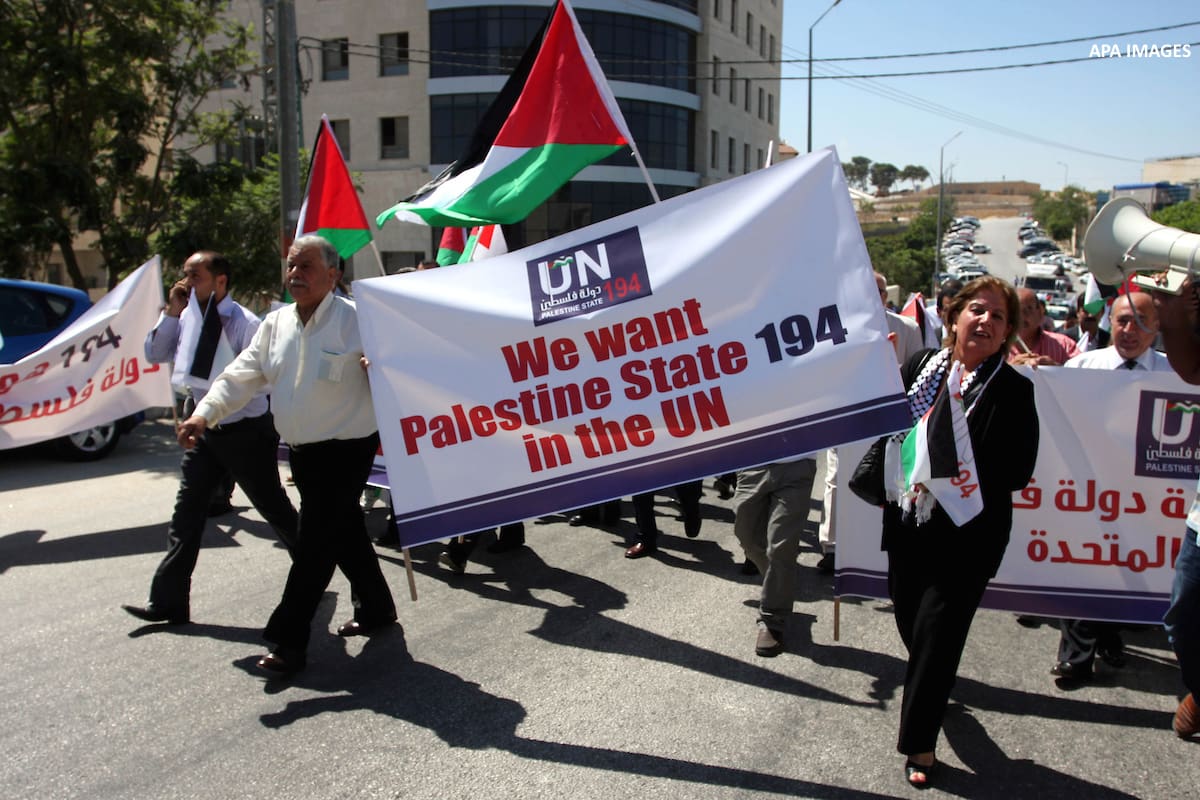
Donald Trump’s recognition of Jerusalem as Israel’s capital has spurred many proclamations of the end of the two-state solution. Yet is it time to move to a struggle for one state? Al-Shabaka Executive Director Nadia Hijab argues that Palestinians should work for either outcome, and calls for the reframing of the Palestinian narrative to advance that struggle.
Imposing Peace: Trump and the Palestinians
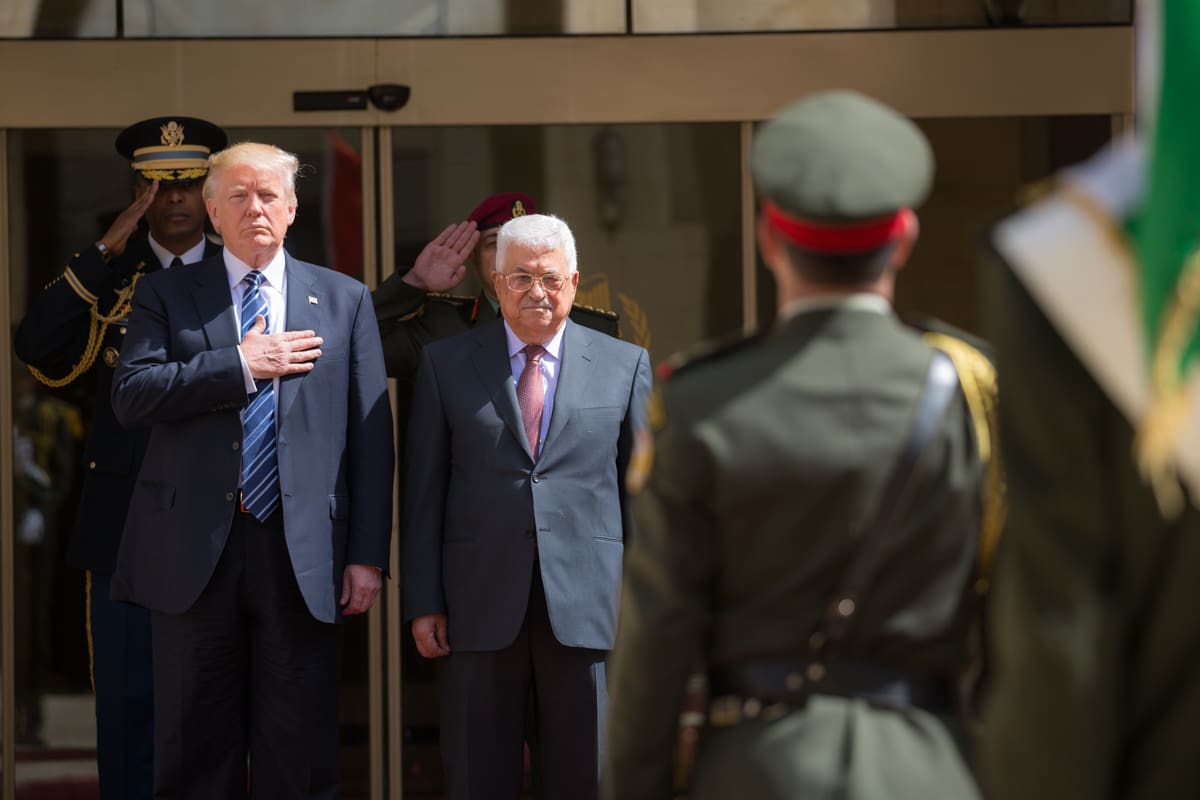
What does Trump’s recognition of Jerusalem as Israel’s capital mean for Palestine and the Palestinians? In a new commentary, Al-Shabaka Policy Analyst Osamah Khalil traces seven decades of US policy that laid the ground for this move.
After Trump’s Jerusalem H-Bomb: Weighing Options for Palestinians

Israel is intent on legalizing its occupation of the Palestinian Territory and US president Donald Trump’s recognition of Jerusalem as Israel’s capital is key to its plans. Yet, as Al-Shabaka Executive Director Nadia Hijab argues, longer-term trends could undermine Israel’s designs and Palestinians must regroup and reinforce these trends so as to secure their rights.
How Can Palestinian Reconciliation Efforts Save the National Project?
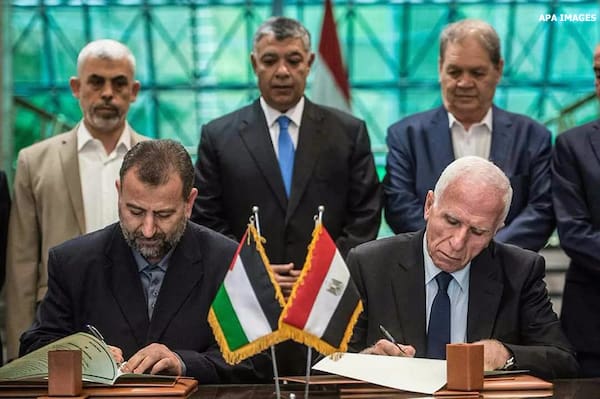
The statement signed by Palestinian factions in Cairo last week was not a sign of strength and promise, but instead demonstrates the weakness of the Palestinian movement, writes Al-Shabaka Policy Analyst 24582. He analyzes the factors hindering national unity, including Israeli interests, and proposes ways Palestinians can reach consensus and protect their national project.
Don’t Historicize the Balfour Declaration: The Past is Still the Palestinians’ Present
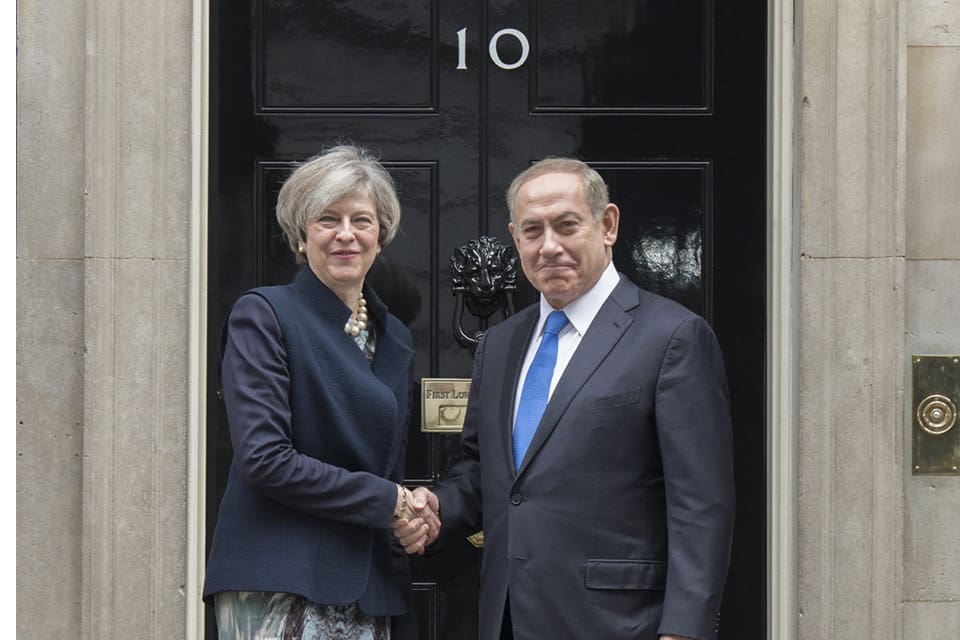
In the wake of the British elections, Al-Shabaka Policy Analyst 24588 examines how the newfound weakness of the Conservative Party provides Palestinians with an opportunity to use the upcoming centennial of the Balfour Declaration to address Britain’s century of ill-treatment toward the Palestinians, and offers recommendations regarding the kind of apology Palestinians should demand from the UK.
Tracking the Trends of the Palestinian Cause Since 1967
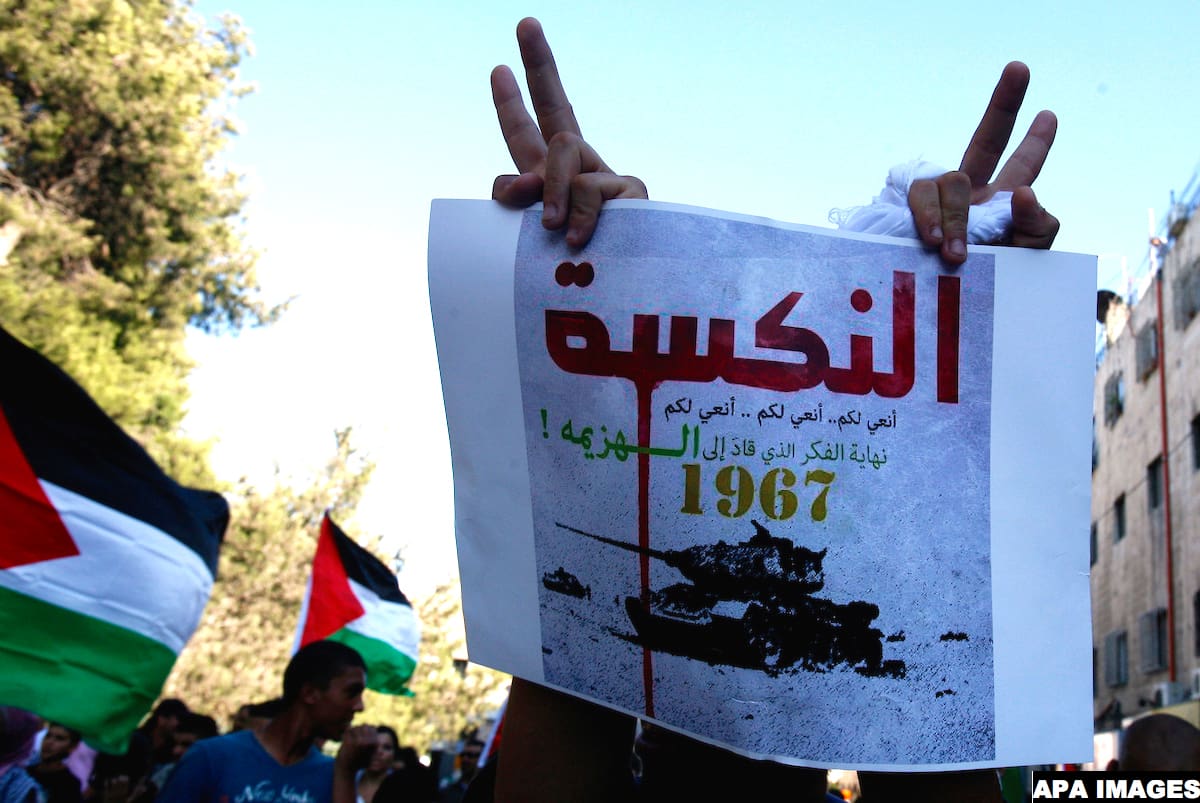
On the 50th anniversary of the 1967 War, Al-Shabaka’s Nadia Hijab and Mouin Rabbani take stock of the Palestinian cause from the eve of the war to today. They observe that the Palestinian people’s situation has almost come full circle but also note the obstacles to Israel’s attempts to snuff out Palestinian self-determination.






